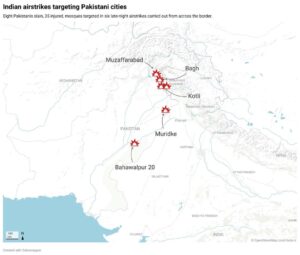West African States to Launch Biometric Passport

Three West African nations, Mali, Burkina Faso, and Niger, governed by military juntas, have announced plans to introduce a biometric passport in the coming days. This initiative is part of the countries’ broader efforts to strengthen ties within their newly formed Alliance of Sahel States (AES) and distance themselves from the regional bloc, the Economic Community of West African States (ECOWAS).
Mali’s junta leader, Col. Assimi Goïta, revealed in a televised address that the new passport will facilitate the mobility of citizens across the three countries while enhancing cooperation in security and governance. This marks a significant step in formalizing the alliance created in response to the sanctions imposed by ECOWAS following military coups in the three nations between 2020 and 2023.
The passport launch comes as the AES celebrates its one-year anniversary. Since its formation, the bloc has focused on countering escalating terrorism in the region. The juntas have expelled French forces and sought military aid from Russia. Despite these efforts, violence continues to destabilize the Sahel region.
The new AES passport may affect the free movement previously enjoyed under ECOWAS membership, where citizens traveled visa-free. ECOWAS has warned that the formalization of the AES could worsen regional insecurity and promote disintegration.
As the AES solidifies its position, it continues to pursue closer ties with external partners, promising further initiatives to strengthen the alliance.



